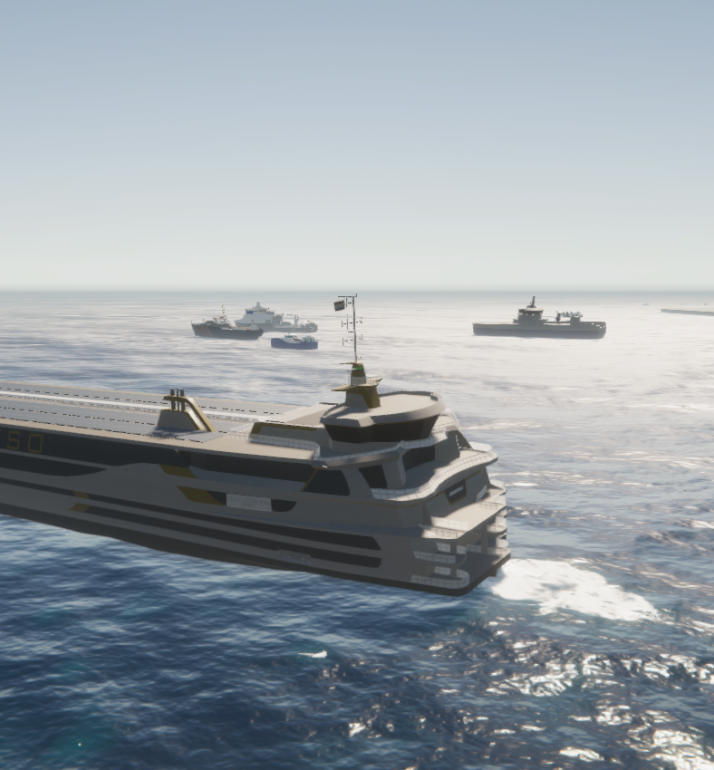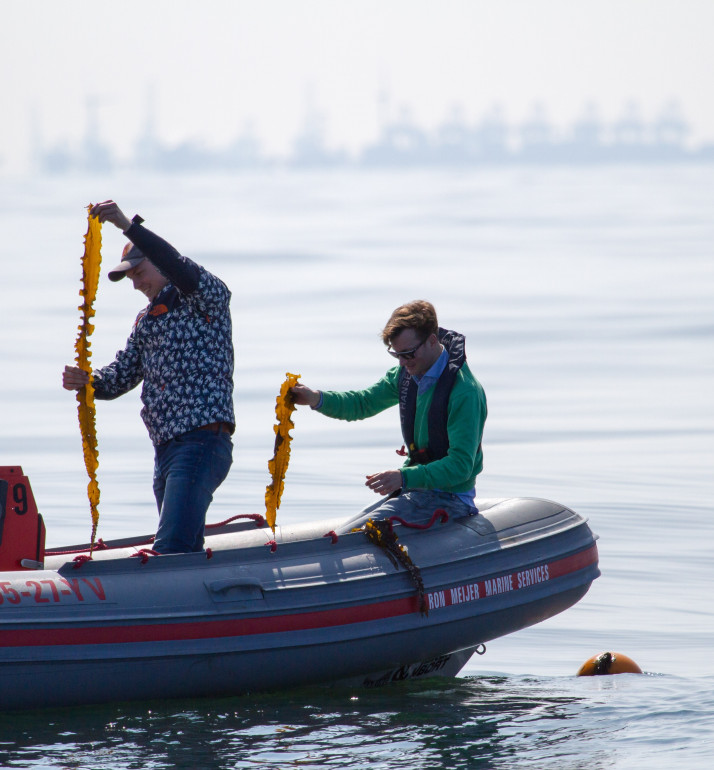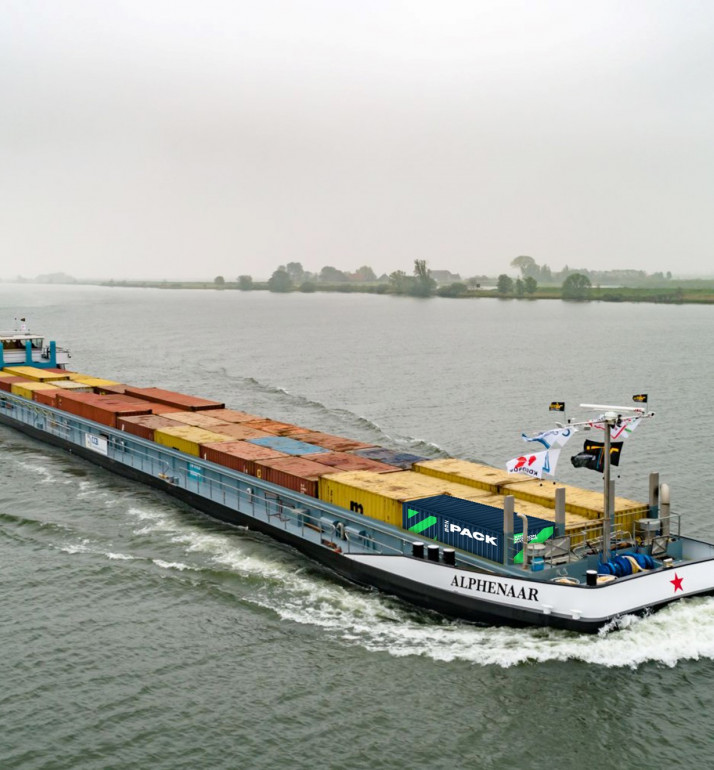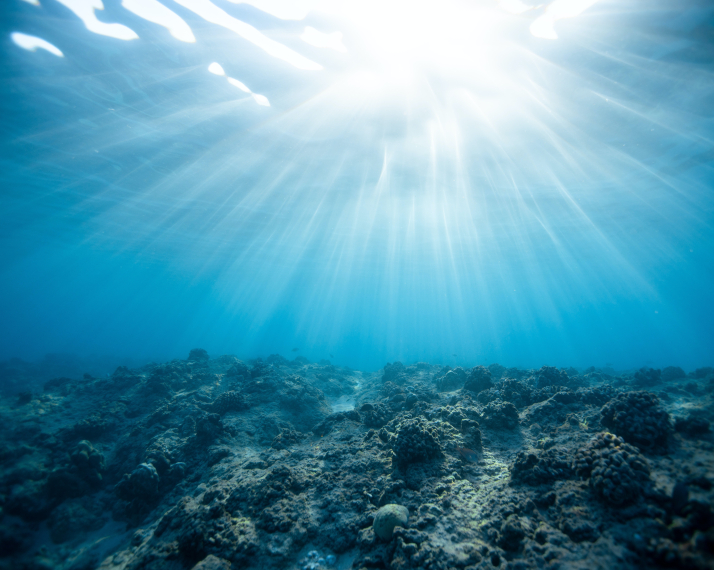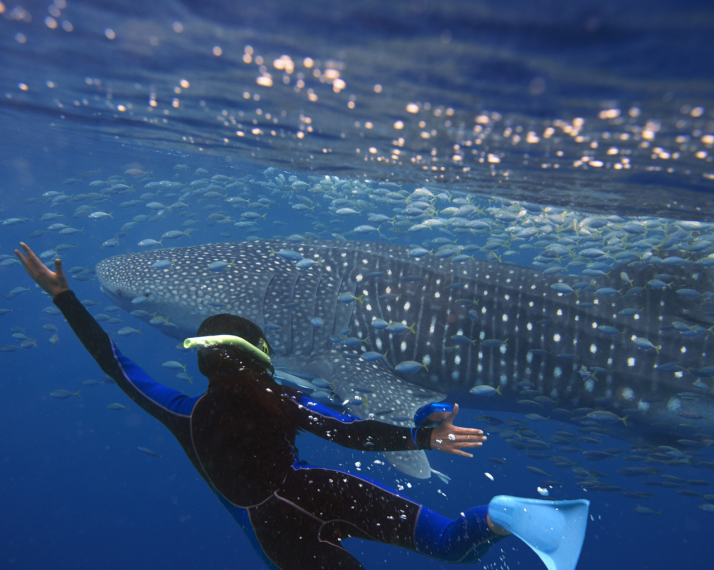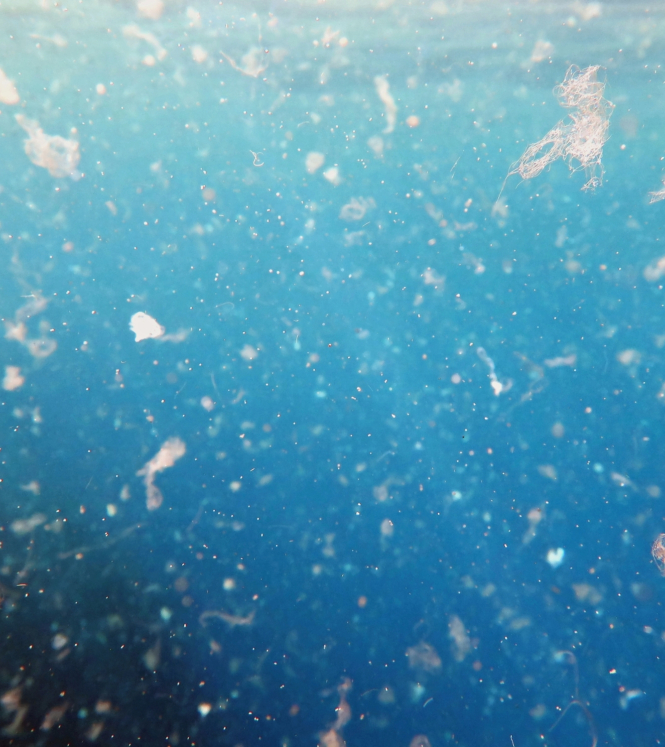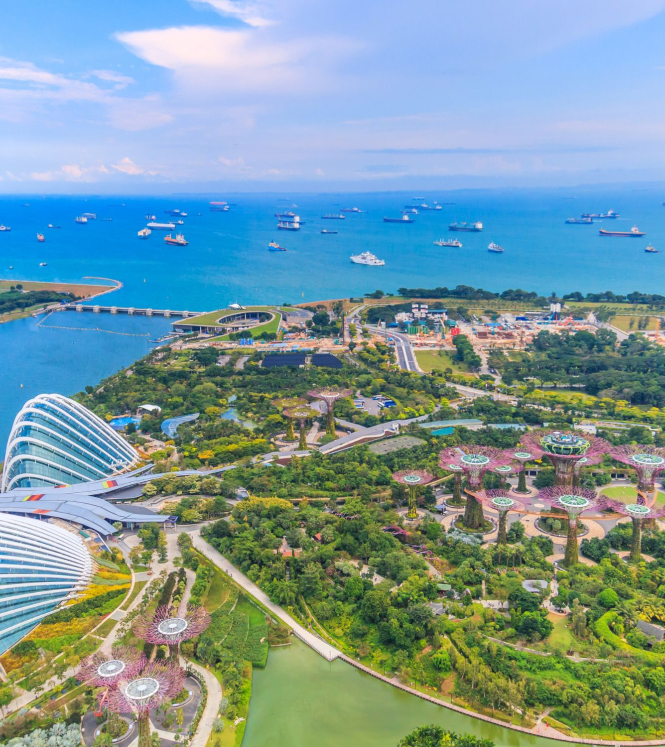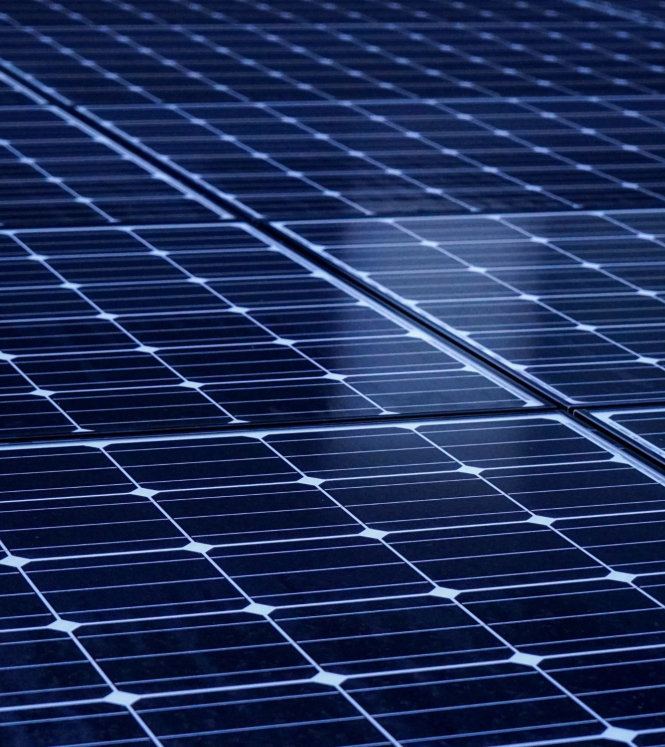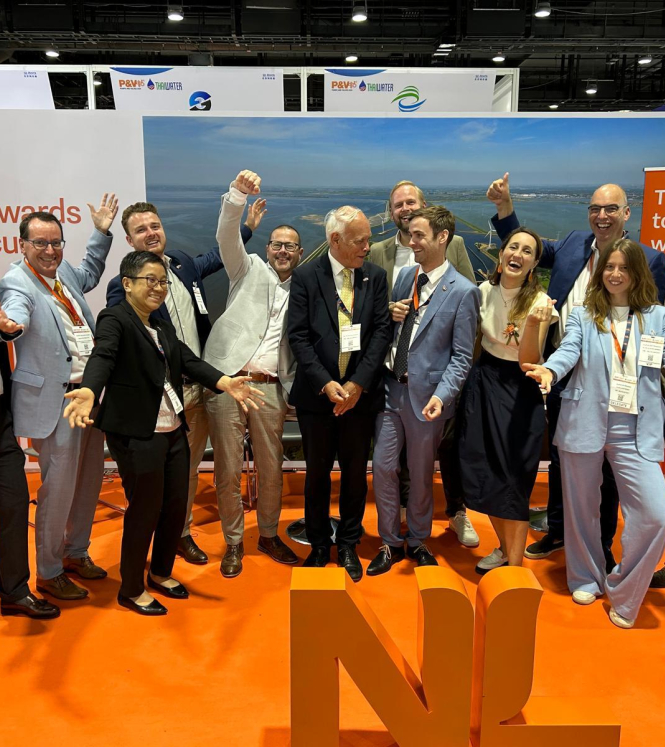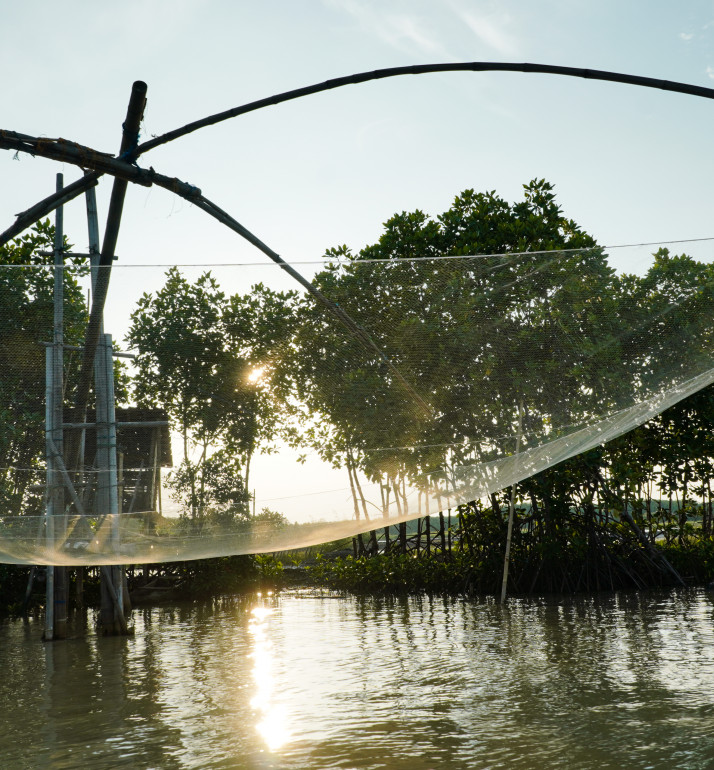
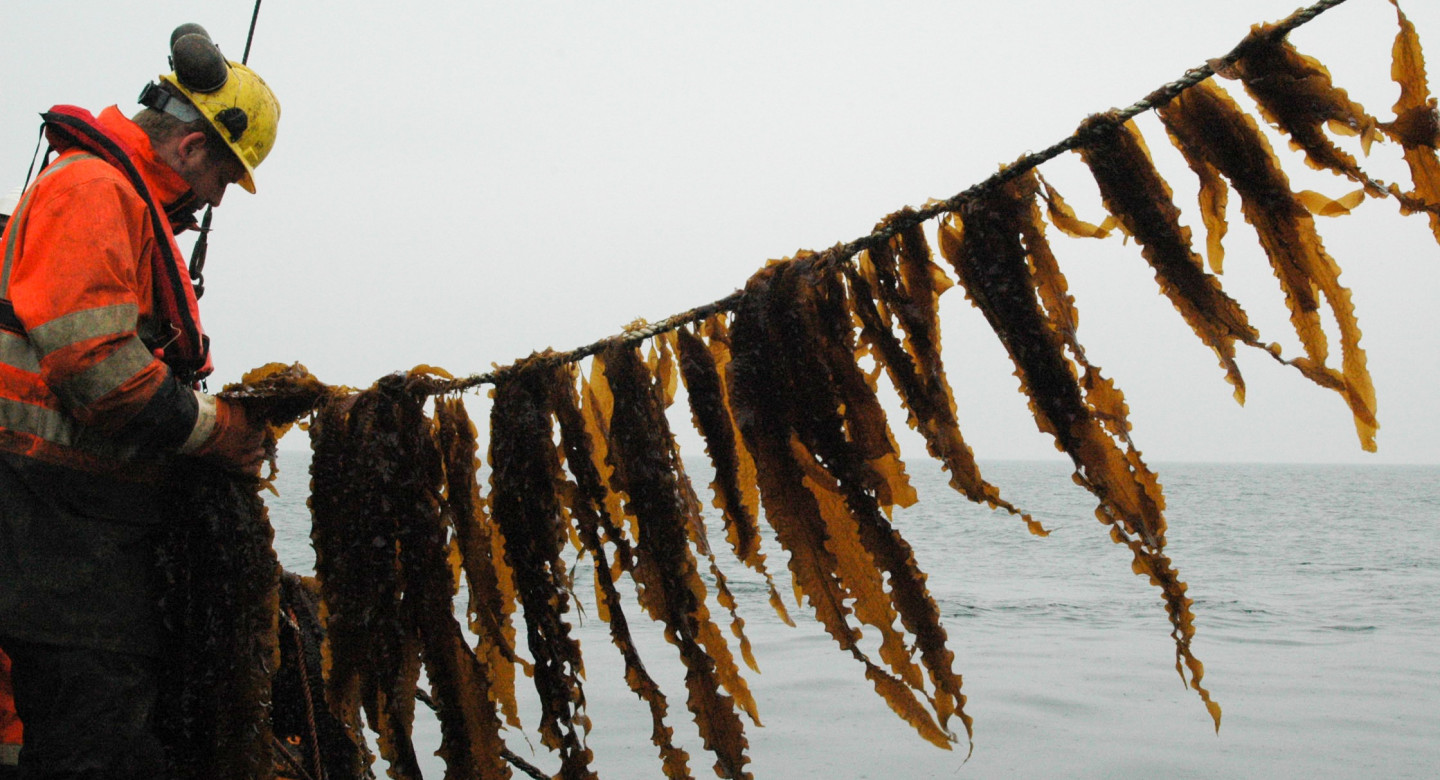
Creating a blueprint for a blue economy
With the need to provide food and energy for a global population of 9.5 billion by 2050, pressure on the use of space will increase. The world’s oceans and seas could provide the answer. They are vast, covering 70 percent of the planet. However, not belonging to man’s natural habitat, humanity has largely ignored the depth of potential within them.
Naturally, fishing, shipping, yachting and energy activities already take place offshore, but competition for space in the future calls for an integrated approach towards food and fisheries, energy, and conservation. By 2050, a significant part of the Dutch section of the North Sea is likely to be covered by wind turbines. Now government organisations, research institutes, NGOs and entrepreneurs have joined forces to work on multi-disciplinary, cross-sector solutions for the sustainable, smart and dynamic development of the North Sea.
Multi-use of space
Together they form the Community of Practice (CoP) North Sea, in which stakeholders share their knowledge on this marine environment, develop strategies and form consortia to make the Sustainable Blue Economy happen. The CoP was formed in 2018 to organise cooperation between players active in the nexus of renewable energy, fisheries, food production and strengthening nature. The CoP will research the technical and economical feasibility and legal frameworks of economic development, food production, energy generation and nature conservation in this massive maritime spatial planning project. Nathalie Scheidegger of the Netherlands Ministry of Agriculture and Nico Buytendijk of the Netherlands Enterprise Agency, who are in charge of the CoP, agree that “multi-use of space is crucial to realise the sustainable blue economy in the North Sea.”
Projects
The overarching strategy is to develop an ‘Exploration’ roadmap to remove obstacles to a sustainable blue economy. The Exploration fills the gaps in the production chain, to start up food production or research the ecological preconditions of the North Sea. The first milestone is to develop a test location large enough to measure the effects. The results will serve as a blueprint for shared use of wind farms in the Netherlands and across the world.
There are existing pilot locations in and outside wind farms. The Wageningen Marine Research WinWind project, for example, is researching the passive commercial fishing of crab and lobster in a wind park.
The NSIL (North Sea Innovation Lab) is a test location for various pilots. There are also plans for seaweed and shellfish farming off the coast of the province of Zeeland.
Port4Innovation1 has set up collaboration between innovators in the maritime, marine and offshore sector. The first two projects include the development of a corrosion modelling tool to predict maintenance requirements, and the realisation of a test bed for various sea weed products.
Healthy and sustainable oceans
As the use of land reaches its limits, we look to the seas as a new frontier for energy generation, food production and sustainable transport. The oceans provide huge potential for blue growth, however, we must also safeguard the ecosystems within them. By mapping a blue economy in the North Sea, the Netherlands seeks to accelerate the development of healthy and productive oceans.
The maritime future is NOW.
In collaboration with the Netherlands Maritime Sector, we have launched a ground-breaking new initiative on 13 November 2020 to help realise this bold ambition.
Watch the virtual kick off : The maritime future is NOW.

